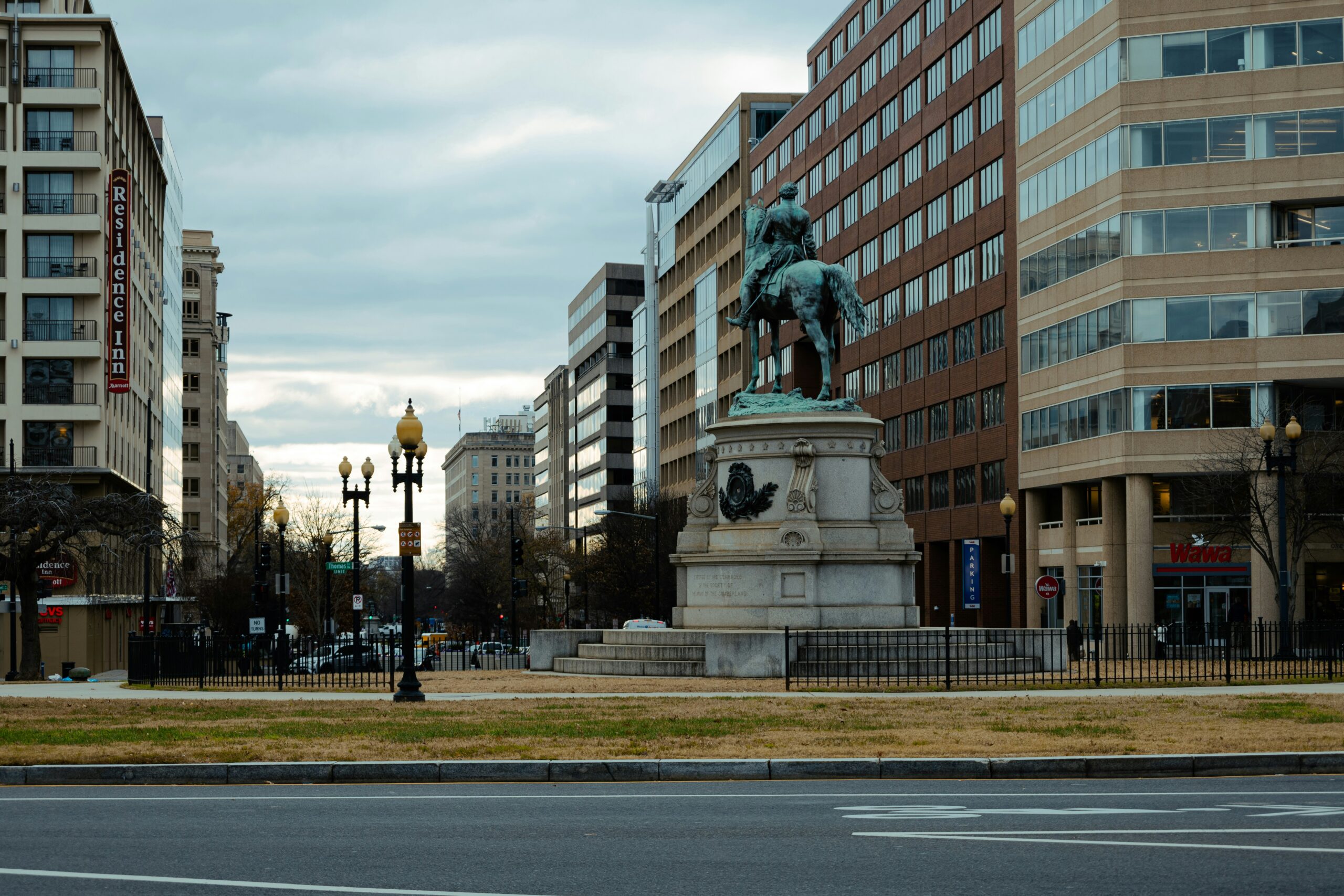
Expand the Fair Housing Initiatives Program to Enforce Federal and State Housing Supply and Affordability Laws
The U.S. Department of Housing and Urban Development’s (HUD) forthcoming Affirmatively Furthering Fair Housing (AFFH) final rule and a recent wave of state housing affordability legislation create mechanisms to substantially increase the nation’s affordable housing supply. However, because local noncompliance with these laws poses a crucial obstacle, successful implementation will require robust enforcement. To ensure local governments’ full compliance with AFFH and state housing affordability legislation, Congress and HUD should expand the Fair Housing Initiatives Program (FHIP) to fund external enforcement organizations.
FHIP is a model for enforcement of complementary federal and state housing laws. A “necessary component” of fair housing enforcement, FHIP funds local nonprofit organizations to investigate and raise legal complaints of discrimination in their communities under the Fair Housing Act. FHIP grantees play a “vital role” in Fair Housing Act enforcement because FHIP-initiated civil actions and complaints to enforcement agencies are more likely to be properly filed and successfully resolved.
FHIP should be expanded to enforce a new generation of federal and state laws that promote housing supply and affordability but are at risk of insufficient enforcement. AFFH will require localities to implement equity plans that reduce residential segregation and increase access to affordable housing in high opportunity areas. HUD is empowered to withhold substantial streams of federal funding from noncompliant jurisdictions. Nonetheless, HUD poorly enforced AFFH’s previous iterations, leading to calls for “external, relatively independent” enforcement mechanisms. At the state level, a raft of recent legislation overrides local exclusionary zoning and streamlines local housing development permitting processes. However, many localities have demonstrated fierce resistance to these state laws with efforts designed to avoid compliance, including constitutional challenges, declarations of entire towns as “mountain lion sanctuar[ies],” and proposals to give up public infrastructure. Understaffed state agencies may be strained to strictly enforce such laws against hundreds of statewide localities.
As independent community institutions with extensive legal expertise in the housing field, FHIP grantees are well situated to tailor innovative enforcement of the emerging housing supply and affordability regime to their communities. Grantees could build on their administrative expertise by filing complaints to HUD under §5.170 of the proposed AFFH rule. In addition, grantees could initiate civil actions under state laws and the federal False Claims and Fair Housing Acts against jurisdictions that shirk their housing obligations. Grantees might also use their expertise to educate local policymakers and stakeholders on their responsibilities under emerging laws.
Congress should:
- Amend the Fair Housing Initiatives Program’s authorizing statute (42 U.S.C. 3616a) to permit the allocation of grants to fair housing enforcement organizations for enforcement of relevant state and local housing supply and affordability laws, as determined by HUD.
HUD should:
- Amend the Fair Housing Initiatives Program regulations (24 C.F.R. 125) to add a new Affirmatively Furthering Fair Housing Enforcement Initiative (AFFH-EI). The initiative would fund fair housing enforcement organizations to enforce localities’ obligations under AFFH.
- Promulgate administrative guidance and administer technical assistance to AFFH-EI grantees to specify how funds should be used. Grantees should investigate local compliance with AFFH, raise administrative complaints of noncompliance, and pursue affirmative litigation against noncompliant jurisdictions under the Fair Housing Act, False Claims Act, and other relevant federal and state statutes.
If successfully implemented, an expanded FHIP would support the full enforcement of the forthcoming AFFH final rule and recent state housing supply and affordability legislation by bringing administrative complaints to HUD and state agencies, initiating civil enforcement actions, and educating local stakeholders. Indeed, these FHIP grantees would hold local governments accountable to their duties to equitably plan for, and remove legal barriers to, the development of affordable housing in high opportunity areas for all.
This idea of merit originated from our Housing Ideas Challenge, in partnership with Learning Collider, National Zoning Atlas, and Cornell’s Legal Constructs Lab. Find additional ideas to address the housing shortage here.